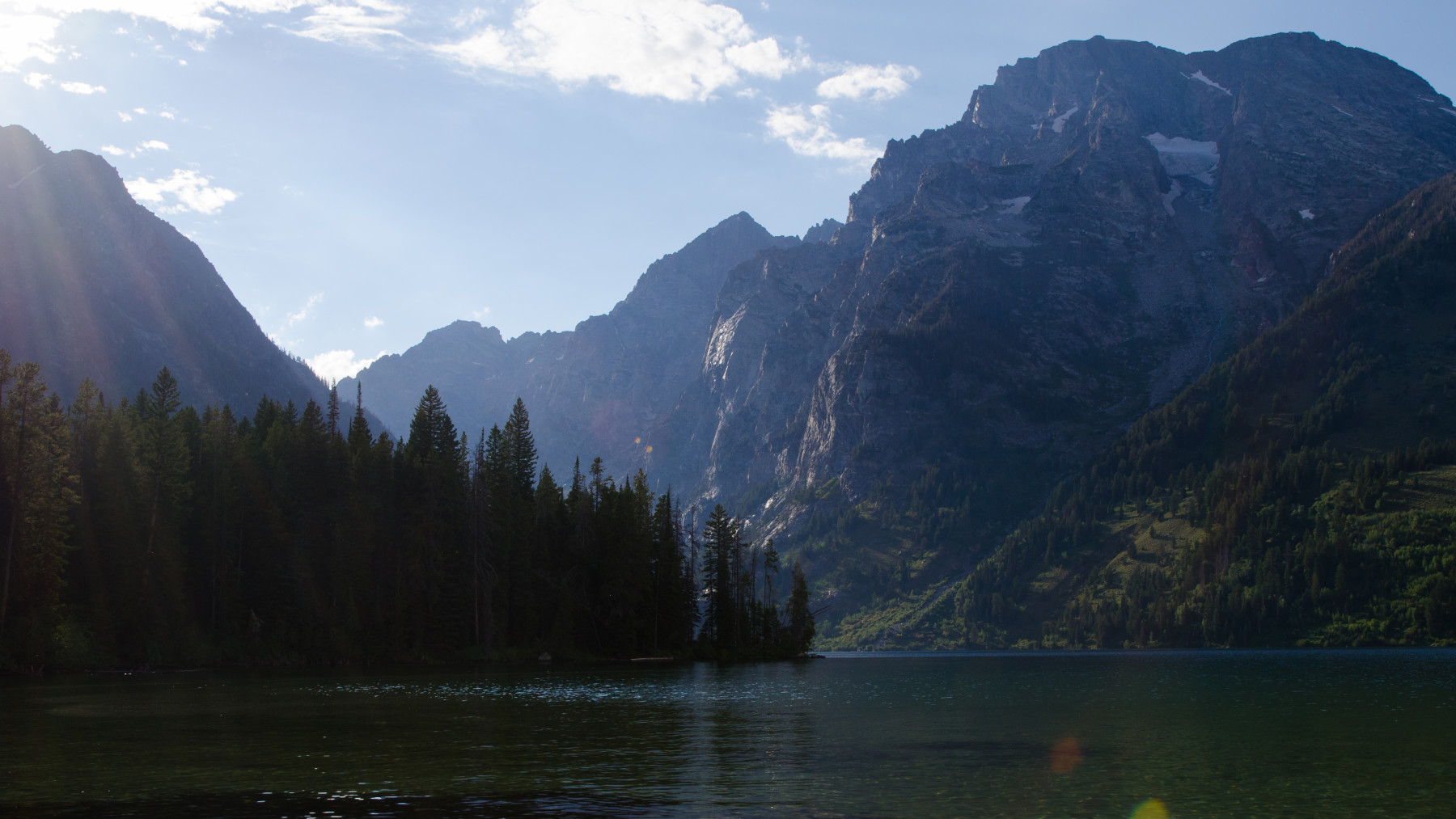Public Lands, Private Places

A two-ton limestone block lies half-buried at the treeline of a hanging meadow on a mountain near my home. By every measure it is is an entirely unremarkable boulder in an undistinguished piece of terrain. But I can close my eyes and bring it to mind in minute detail. When I do, the image of that rock brings with it an echo of fight or flight adrenaline, the raucous chatter of alarmed forest life, and a vague sense of liquid motion.
It is where the lion appeared one bright November afternoon, where he sat and watched the same meadow that I did for signs of the same prey, where his warm paws melted broad prints in the snow, and where he turned to stare indifferently at my own perch before ambling on, unhurried.
In this ability to conjure my senses that boulder is akin to a mud slick crease high on a different mountain, perhaps a 100 miles away, this one filled with the press of steaming elk meat, the tension of sharp blades, and a quickening urgency to finish the work, and leave the gory low ground before the bear arrives.
And the pond in the piedmont second growth that smells of algae and snakes, and itches like chiggers, but has the pull of adventure.
Or the slow slick of soft water by the bank where the outsized mouth appeared, and shoulders, and dorsal fin and finally the tail, by which appearance my heart was already racing and my mouth gone dry.
And a thousand others.
It’s a big world, and these places, small and unlikely, sown far and wide, are indifferent to our discovery. They can’t be manufactured and they don’t come to you.
If it’s a timeless place you’re after, you’ve got to hunt it up.
And really, would you want it any other way?
No.
For some though, a two-ton block of limestone is a two-ton block of limestone — worth no more, and no less, than the market will bear. And limestone can be traded, transferred and translated into the lowest common denominator of dollars and cents. It’s not an outlook I can claim to fully understand, but it’s also not a perspective I’d begrudge anyone. To each his own.
Of course, perspective and action are different things. So when the flawed logic of the market isn’t satisfied with theory, when it is invoked instead to justify state ownership, and eventual privatization of federal public lands, I stop being so open minded. Timeless places must be defended.
The music has started again in the mad scramble game of musical chairs that passes these days for democracy, and the contestants are placing their bets. Demand that every would-be senator, congressman, county commissioner and dog-catcher take a stand on public lands transfer — one way or the other — then make a big noise — one way or the other — and then vote for all the little places that you’ll likely never even see.
After all, you know what they’re really worth.


Unfortunately sportsmen and women are a tiny minority compared to the greater populous. Our only defense is to speak up as often as possible. Sitting on the sidelines is no longer an option if you love public lands. Keep ringing the bell boys!